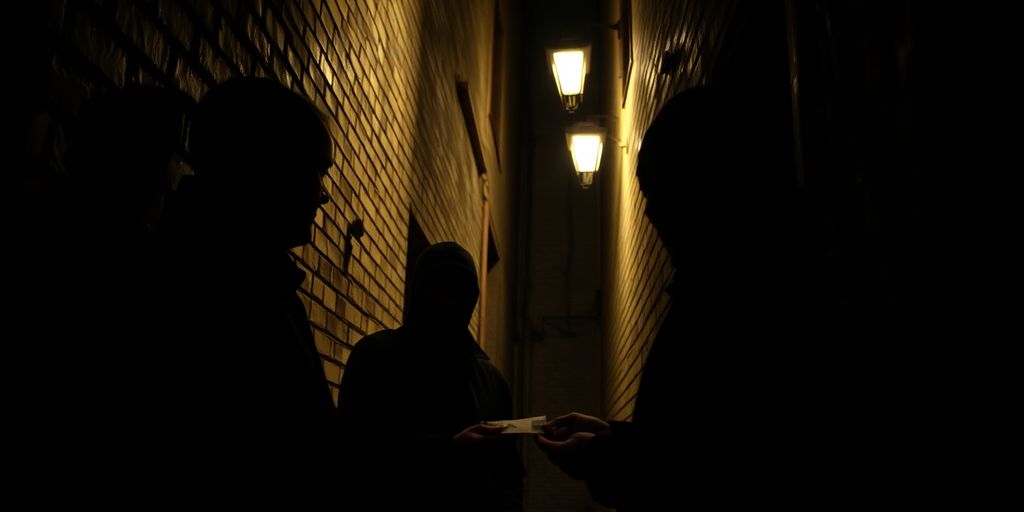A recent report by Transparency International reveals a concerning trend in public perceptions of corruption across the Balkans, with most countries experiencing a worsening outlook. While Kosovo and Albania show some signs of improvement, the region as a whole struggles with systemic issues, lack of accountability, and insufficient legal frameworks to combat corruption effectively. The findings highlight a critical need for stronger institutional reforms and greater transparency.
Balkan Corruption Crisis: Public Trust Erodes as Accountability Falters
Public perceptions of corruption in the Balkans have largely deteriorated, according to Transparency International’s latest Corruption Perceptions Index (CPI). Bosnia and Herzegovina recorded its lowest score since 2012, ranking 114th globally with a score of 33. This decline is attributed to the failure to address systemic corruption problems and the absence of crucial anti-corruption measures, such as consistent conflict of interest laws.
Serbia and Turkey also continued their downward trend, with Serbia ranking 105th (score of 35) and Turkey 107th (score of 34). In Serbia, the Novi Sad railway station disaster, where a roof collapse killed 15 people, highlighted deep-seated issues of government accountability and transparency in public contracts. The significant discrepancy between the estimated and final costs of the renovation further fueled public outrage.
North Macedonia also saw a decline in both score and rank, falling to 88th place with a score of 40. Even Montenegro, which remains the highest-ranked Western Balkan country at 65th place, experienced a decline in its performance.
Glimmers of Hope: Albania and Kosovo Show Progress
Amidst the widespread decline, Albania and Kosovo emerged as exceptions, demonstrating improvements in their fight against corruption.
- Albania: Improved its ranking to 80th (score of 42), largely due to increased trust in its Special Prosecution Office. However, initial investigations and processes still require further strengthening, and independent prosecutors face ongoing attacks from various interest groups.
- Kosovo: Ranked 73rd (score of 44), showing improvement in both its rank and score from the previous year.
Moldova also saw an improved score, maintaining its rank, following the establishment of a specialized anti-corruption court and broader judicial reforms under President Maia Sandu.
Corruption Concerns Within the EU
The report also raised alarms about corruption within EU member states, particularly concerning weak transparency and accountability in government procurement, including the use of EU funds. This vulnerability creates opportunities for bribery and erodes public trust.
- Croatia: Ranked 63rd (score of 47), with the case of former health minister Vili Beros, who was dismissed over bribery allegations related to medical equipment procurement, serving as a stark example.
- Hungary: Ranked 82nd (score of 41), with its CPI score dropping 14 points since 2012. The report notes that even the withholding of €20 billion in EU funds has failed to compel the Orban regime to restore the rule of law.
- Slovakia: Ranked 59th (score of 49), experiencing a sharp decline due to reforms that erode anti-corruption checks, political appointments, and undermining of independent institutions.
Other EU countries mentioned include Bulgaria (76th, score of 43), Romania (65th, score of 46), Greece (59th, score of 49), and Slovenia (36th, score of 60), which remains the best-performing Balkan country.
Key Takeaways
- Public perception of corruption in the Balkans is worsening, with most countries experiencing a decline in their CPI scores.
- Systemic corruption, lack of accountability, and inadequate legal frameworks are major contributing factors to the deteriorating situation.
- Bosnia and Herzegovina, Serbia, and North Macedonia are among the worst-affected countries.
- Albania and Kosovo show positive trends, indicating that reforms can lead to improvements.
- Corruption remains a significant concern within EU member states, particularly regarding public procurement and the misuse of EU funds.
- The report underscores the urgent need for comprehensive anti-corruption reforms, greater transparency, and stronger independent institutions across the region.






